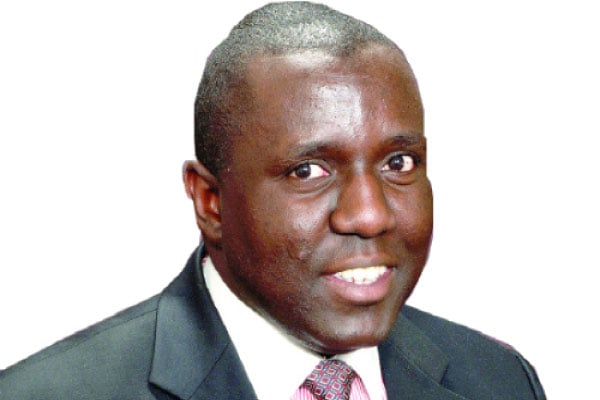Prime
Elections: What is needed is an overhaul of the political system

Author: Mr Karoli Ssemogerere is an Attorney-at-Law and an Advocate.
What you need to know:
- Electoral reforms should take cognizance of the urgent necessity to right size government.
Last week in a highly contested by-election, a former Forum for Democratic Change (FDC) party Member of Parliament defeated the incumbent in the Soroti West by-election. Needless to say, the full menu served at election time was on display. Allegations of foul play, a candidate going sick, stuffed ballot boxes, disabled boxes and so on.
A shocked Electoral Commission chairman, Simon Byamukama, remarked at the vandalism of ballot boxes that the dissatisfied parties would have waited to bring their case to court to challenge the outcome of the election.
In the 2021 election cycle more than 50 petitions were brought to challenge the election of MPs. A substantial number went on appeal and fresh elections were ordered in obvious cases like Kisoro and Kasese where the Electoral Commission issued ballot papers without the correct candidates.
In Soroti, one electoral area was misappropriated from Soroti East to Soroti West. The Court of Appeal with a few exceptions has upheld the results on polling date.
Once a candidate is declared elected, it is an uphill task whatever the narrative to challenge someone in office. The privilege of status quo gives the winner a lot of leeway to negotiate themselves out of any situation whether they are in government or in the Opposition.
One Member of Parliament from Jinja successfully evicted twice from office was calling a court clerk unaware he was on speakerphone asking whether judgment had been delivered. The clerk politely informed him, he was still in and likely to remain in Parliament. In her humble opinion, the trend had been set, very few members of Parliament were to be unseated. In other quarters, the lack of funds in government was another disincentive to order many by-elections.
The EC this year announced the postponement of Women Council Elections and is yet to pronounce itself on whether Local Council 1 elections are to be held on time again.
There is a lot of interest in these mini-general elections as they may dictate a trend likely to unfold into other transition related issues ahead of 2026. Maybe the government wants the Parish Development Model to move from concept stage to implementation stage before testing the waters.
Newly elected LC I officials are enjoying the full trappings of their office. It is no longer far-fetched for an LC letter to have official stationery complete with the Coat of Arms and other national insignia.
It does not matter that the content of the letters may be incomprehensible. LC chairmen collect “stamp duty” on all sale agreements, they are never late for the signing of any transfer of title. Stamp duty on its own is in the range of Shs300,000 to Shs500,000.
The chairmen are also important gatekeepers of most local functions collecting facilitation to attend weddings, kwanjula and the like. Any official document, application for a national identity card, passport requires their imprimatur in the form of signature and stamp.
At the lodge in Kalangala, I was impressed one-time by an impromptu check-in. Smartly dressed, four officials of the Local Council committee to check on security. This is not the class of people who used to march on official parades like Labour Day.
Government smartly has tasked the arrangement of most national days prior to Covid outside of Kampala.
Electoral reforms should take cognizance of the urgent necessity to right size government. At the grassroots, the LC structures are working well. In the middle, local governments are struggling due to large unwieldy bureaucracies and lack of finances to support implementation.
At the helm is a large legislature, primed at 100,000 registered voters per directly elected Member of Parliament fixed administratively in 1980.
Parliament itself is overdue for reapportionment as many constituencies in densely populated areas are under-represented and special interest groups are also growing in number. We definitely cannot afford to be Nigeria, but let’s look next door at Kenya or Tanzania to borrow best practice to right size the electoral system.
Mr Karoli Ssemogerere is an Attorney-At-Law and an Advocate. [email protected]




